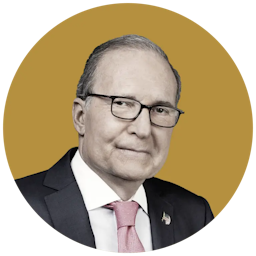The Fed’s Powell — A Single-Handed Volatility Producer
Our central bank should not be targeting the unemployment rate. Its job is to keep an eye on money and prices.

Why does this always happen on Fed Day? The head of the Federal Reserve, Jerome Powell, takes the podium at 2:30 p.m. EDT and says a couple of good things — like the central bank is going to bring the inflation rate down to 2 percent (okay, that’s a good thing: zero would probably be better, but let’s cut him some slack; 2 percent is the global target) — and markets rally.
Please check your email.
A verification code has been sent to
Didn't get a code? Click to resend.
To continue reading, please select:
Enter your email to read for FREE
Get 1 FREE article
Join the Sun for a PENNY A DAY
$0.01/day for 60 days
Cancel anytime
100% ad free experience
Unlimited article and commenting access
Full annual dues ($120) billed after 60 days

